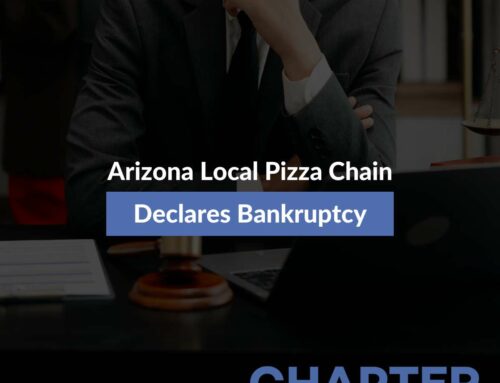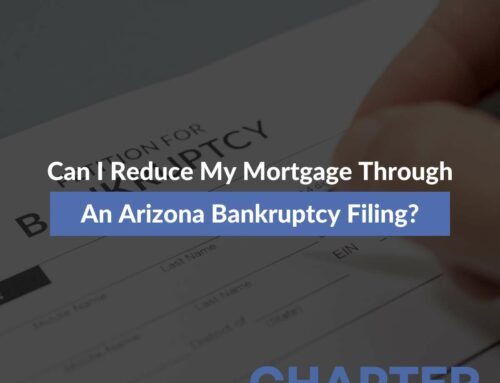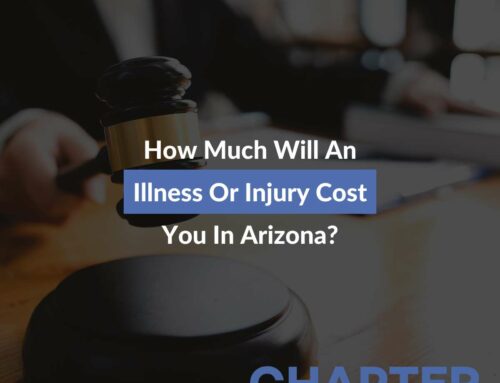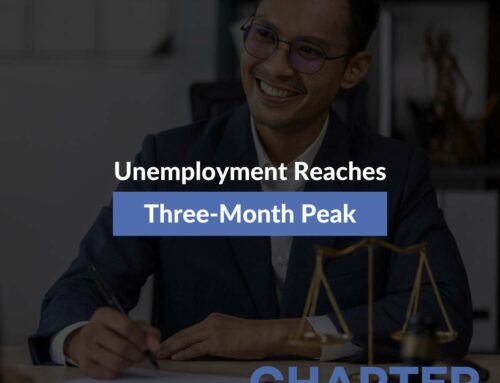October 2025 saw the start of a new government shutdown with widespread effects across the country. Federal workers aren’t paid during a government shutdown, and many federal services are simply unavailable during that time. Flights are being significantly delayed or canceled, ruining both domestic and international travel plans. As of November 3, 2025, the government shutdown has tied the record for the longest in U.S. history at 35 days. The current measure being voted on requires 60 votes for approval. Republicans hold 53 seats, meaning they need some Democrats to cross the aisle to get the budget passed. But this budget would only fund the government until November 21, 2025, giving little time to resolve larger-scale budget issues. This could be a pivotal issue for senators voting on the matter, or lead to another government shutdown shortly after the current one ends.
There are several special concerns that could become relevant for a debtor seeking to file for bankruptcy during a government shutdown. A bankruptcy case filed during a government shutdown could face delays and other impediments that wouldn’t arise in a case filed during any other time. Don’t enter such a life-changing legal matter without fully educating yourself about the impact of a government shutdown on a personal bankruptcy case. Our Phoenix bankruptcy team offers free consultations by phone and affordable payment plans with Zero Down, Zero Interest. Get started today by calling Chapter Bankruptcy Lawyers today at 480-405-1010 for your free phone consultation.
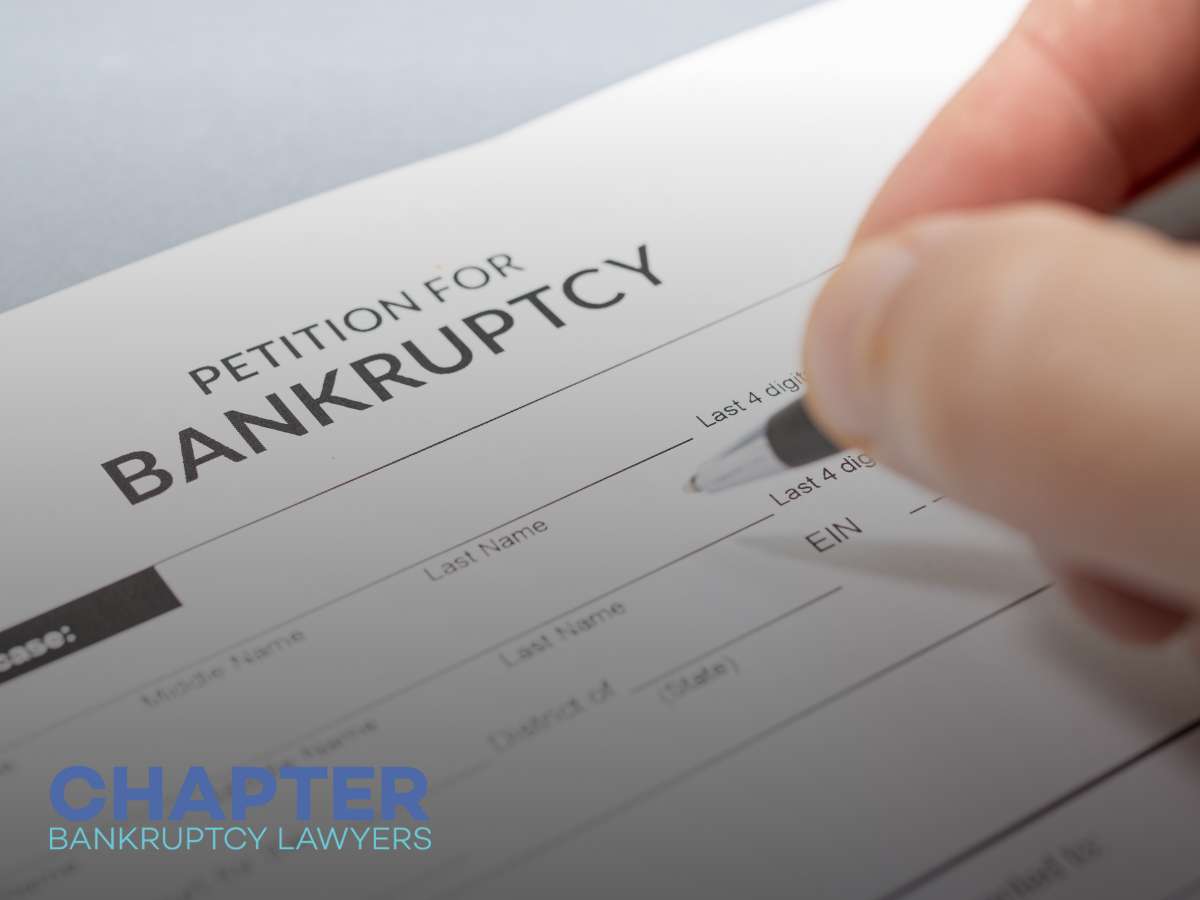
Can a Bankruptcy Petition Be Filed During a Government Shutdown?
Bankruptcy courts are considered federal courts, but bankruptcy is considered an essential service. That means as of yet, bankruptcy courts have been operating as normal during the government shutdown. The government shutdown may create side effects that slightly delay court operations and in turn, a bankruptcy discharge, but debtors can still seek protection from the automatic stay by filing for bankruptcy with very little or no change to the process. At the same time, those considering bankruptcy should stay regularly updated on court operations to make sure the option to file will still be there when they are ready. If the shutdown carries on, the situation could become more drastic and eventually affect the bankruptcy courts.
Industry Categories Most Susceptible During a Government Shutdown
Some businesses and organizations will be more affected than others by the current government shutdown. Workers in these fields may experience disruptions in their income that make it difficult to keep up with bills in the meantime, and may lead to the accrual of debt. Some of the industries that are most susceptible to financial damage during a government shutdown include:
- Businesses that depend on government services: During a government shutdown, businesses won’t have access to government services like licensing and permitting. So, for example, a construction company that needs the applicable permits to proceed with a project will be at a standstill until the government shutdown is resolved and government services resume.
- Federal contractors: Federal employees receive pay for the time they are forced to miss from work during a government shutdown. Federal contractors do not. They could even be penalized for not finishing projects by contracted deadlines due to delays from the government shutdown.
- Seasonal businesses: Some businesses receive the vast majority of their revenue during a limited portion of the year. Businesses that are supposed to be in their high season during a government shutdown could suffer. These businesses also have less time to make up sales if government services resume during their slow season.
- Businesses serving federal buildings: Some businesses primarily rely on federal employees as customers, such as restaurants and coffee shops surrounding federal courthouses. These businesses see far less traffic during a government shutdown.
- Air travel: The government shutdown is causing delays at airports across the nation. Sky Harbor issued a ground delay from 8 A.M. to 11:59 A.M. on November 4, 2025. This resulted in 92 flights being delayed by an average of 55 minutes, but no flight cancellations. A variety of airport and airline employees can be affected by a ground delay, but flight attendants only get paid for time after the plane door has been shut, making them vulnerable to income loss resulting from the government shutdown.
Bankruptcy Considerations For Those Receiving SNAP Benefits
SNAP benefits, also known as food stamps, help lower-income households pay for basics like groceries. One of the most drastic consequences of the government shutdown is the lapse in SNAP benefits, which many families use for survival. The government is planning to tap into an emergency fund to issue partial SNAP benefits, but these are already typically only enough for a meager budget. Some families who are missing SNAP benefits due to the government shutdown can get by with donations from food banks, help from friends and neighbors, etc. But others may be more isolated and have no help from others during this time. Here, the choice between incurring some debt and starving is one that requires little consideration. A pre-bankruptcy debtor needs to be careful about credit card spending in the time period leading up to filing their petition. But when a bankruptcy trustee is reviewing a debtor’s credit card statements before bankruptcy, groceries will not be considered luxury spending that could raise red flags. Otherwise, a bankruptcy debtor must avoid cash advances exceeding $1,100 within 70 days of filing for bankruptcy, and non-essential goods purchases on their credit card exceeding $800 within 90 days of filing for bankruptcy. Credit card debts in excess of these guidelines may be excluded from the bankruptcy discharge.
The filing fee for bankruptcy is typically far lower than attorney’s fees, but not an inconsiderable amount. As of 2025, the filing fee for a chapter 7 bankruptcy case is $338, and the filing fee for a chapter 13 bankruptcy case is $313. This could be a significant barrier to debt relief for some households. Bankruptcy courts do offer fee waivers and installment plan options for debtors who are already struggling to meet their household needs. Typically, a debtor who receives government assistance such as SNAP benefits will automatically qualify for a bankruptcy filing fee waiver. This removes the obligation to pay the entire fee, as opposed to letting the debtor pay the fee in periodic installments. These debtors may qualify for other forms of low-income assistance during the bankruptcy process.
Have Questions About Bankruptcy During a Government Shutdown? Get Them Answered by Arizona’s Leading Choice for Zero Down Bankruptcy.
The government shutdown could be interrupting your prior bankruptcy plans, or it could be the reason you are considering filing. Either way, the best way to navigate these complex issues is with guidance from a skilled Chapter bankruptcy attorney. Our Phoenix Bankruptcy Lawyers are dedicated to helping clients across Arizona achieve debt relief. A properly executed bankruptcy can be the first stepping stone towards a better financial future. Want to make sure you qualify for bankruptcy and learn more about your options? You may even be eligible to file your Arizona bankruptcy petition for Zero Dollars Down, Zero Percent Interest. Schedule your free consultation with Chapter Bankruptcy Lawyers today at 480-405-1010.
CHAPTER BANKRUPTCY LAWYERS
Email: [email protected]
Website: www.chapterbankruptcylaw.com
Mesa Office
3707 E Southern Ave
Mesa, AZ 85206
Office: 480-405-1010
Tempe Office
4500 S Lakeshore Dr #300
Tempe, AZ 85282
Office: 480-562-6145


